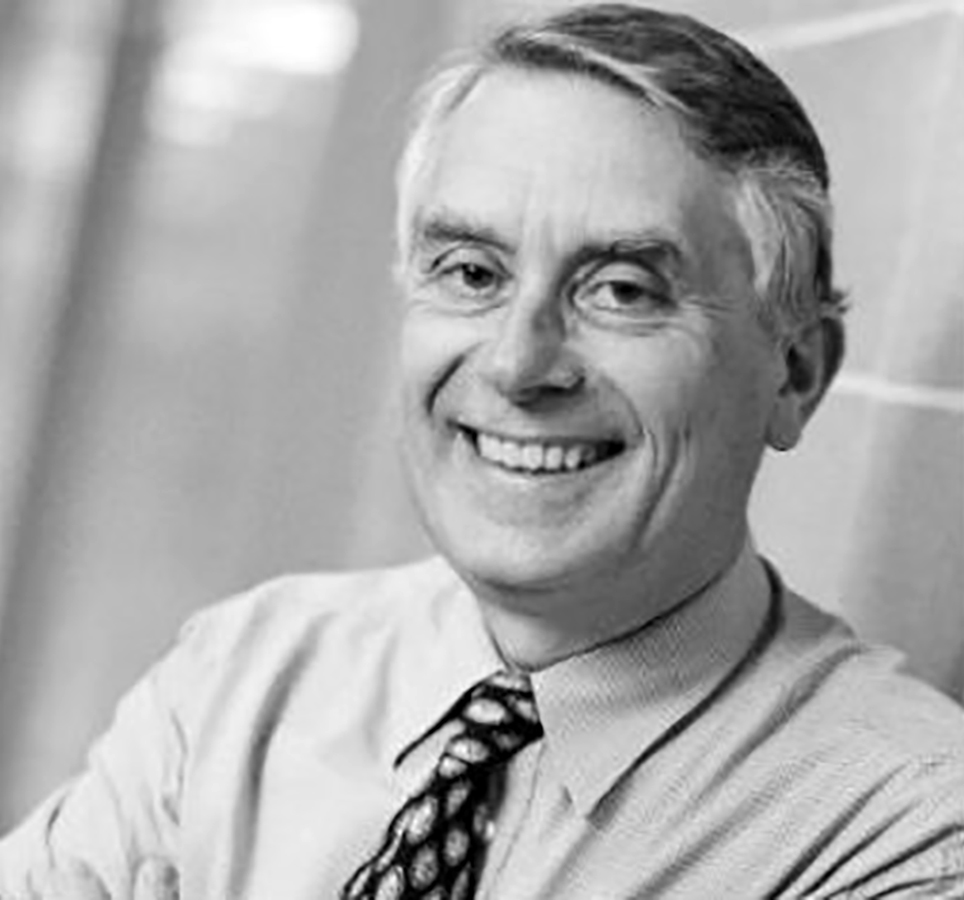JosFest
Sunday, September 10, 2017
International Symposium on Hearing Loss and Tinnitus – Celebrating the Work of Jos J. Eggermont
Lunch and coffee breaks are included with this pre-conference meeting. You can sign up for JosFest for an additional charge of $125 in the “Workshops” section of your ICAC Registration Form.

Jos J. Eggermont
Jos Eggermont PhD is Professor Emeritus, University of Calgary, Departments of Physiology and Pharmacology, and Psychology. He received his PhD in Physics at Leiden University in his native country, The Netherlands, in 1972. He has been retired since July 1st, 2013. His research in Calgary comprised most aspects of audition with an emphasis on the electrophysiology of the auditory system in test animals, and was specifically focused on the role played by neural synchrony in the coding of complex sounds in the auditory cortex. His group developed an animal model of noise-exposure induced tinnitus to further understanding of this disorder and, by comparison with the effects of external sounds of similar nature, to investigate how normal and pathological sound sensations are encoded in the central nervous system and the role of cortical reorganization played herein. Lately, he has focused on the effects of long-term non-traumatic sound exposure on cortical activity and organization. In 2014, Jos was named a Fellow of the Royal Society of Canada.
Organizer:
Stephen G. Lomber, University of Western Ontario
Program Committee:
Boris Gourevitch, CNRS, Paris-Saclay Institute of Neuroscience
Fatima T. Husain, University of Illinois
Martin Pienkowski, Salus University
Larry E. Roberts, McMaster University
Schedule:
| 8:30 | Opening Remarks, Steve Lomber |
| 9:00 | Congenital deafness affects corticocortical effective connectivity Andrej Kral, Medical University Hannover, Germany |
| 9:30 | Loud and clear: the rat auditory system is robust to long term ambient noise exposure Boris Gourévitch, CNRS, Paris-Saclay Institute of Neuroscience, France |
| 10:00 | Coffee Break |
| 10:30 | Can long-term exposure to non-damaging noise lead to tinnitus and hyperacusis? Martin Pienkowski, Salus University, USA |
| 11:00 | Differences in capillary network structure between primary and non-primary auditory cortex. Robert V. Harrison, The Hospital for Sick Children/University of Toronto, Canada |
| 11:30 | Is hidden hearing loss really hidden? A perspective Frank Musiek, University of Arizona, USA |
| Noon | Celebration Lunch |
| 1:30 | Neuromodulation reverses dorsal cochlear nucleus circuit plasticity to reduce tinnitus. Susan R. Shore, University of Michigan, USA |
| 2:00 | Tinnitus pathology and auditory thalamus Donald M. Caspary, Southern Illinois University School of Medicine, USA |
| 2:30 | Coffee Break |
| 3:00 | “Hidden” hearing loss in individuals with tinnitus and normal audiograms Brandon T. Paul, Université de Montréal, Canada |
| 3:30 | Sensory precision in tinnitus: a unifying framework for understanding, modelling and treatment? William Sedley, University of Newcastle, United Kingdom |
| 4:00 | Auditory and extra-auditory networks implicated in tinnitus: evidence from fMRI studies
Fatima Husain, University of Illinois, USA |
| 4:30 | Concluding Remarks |
